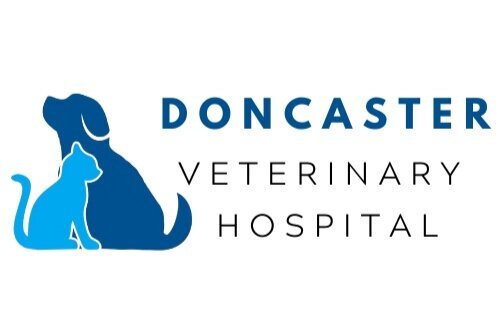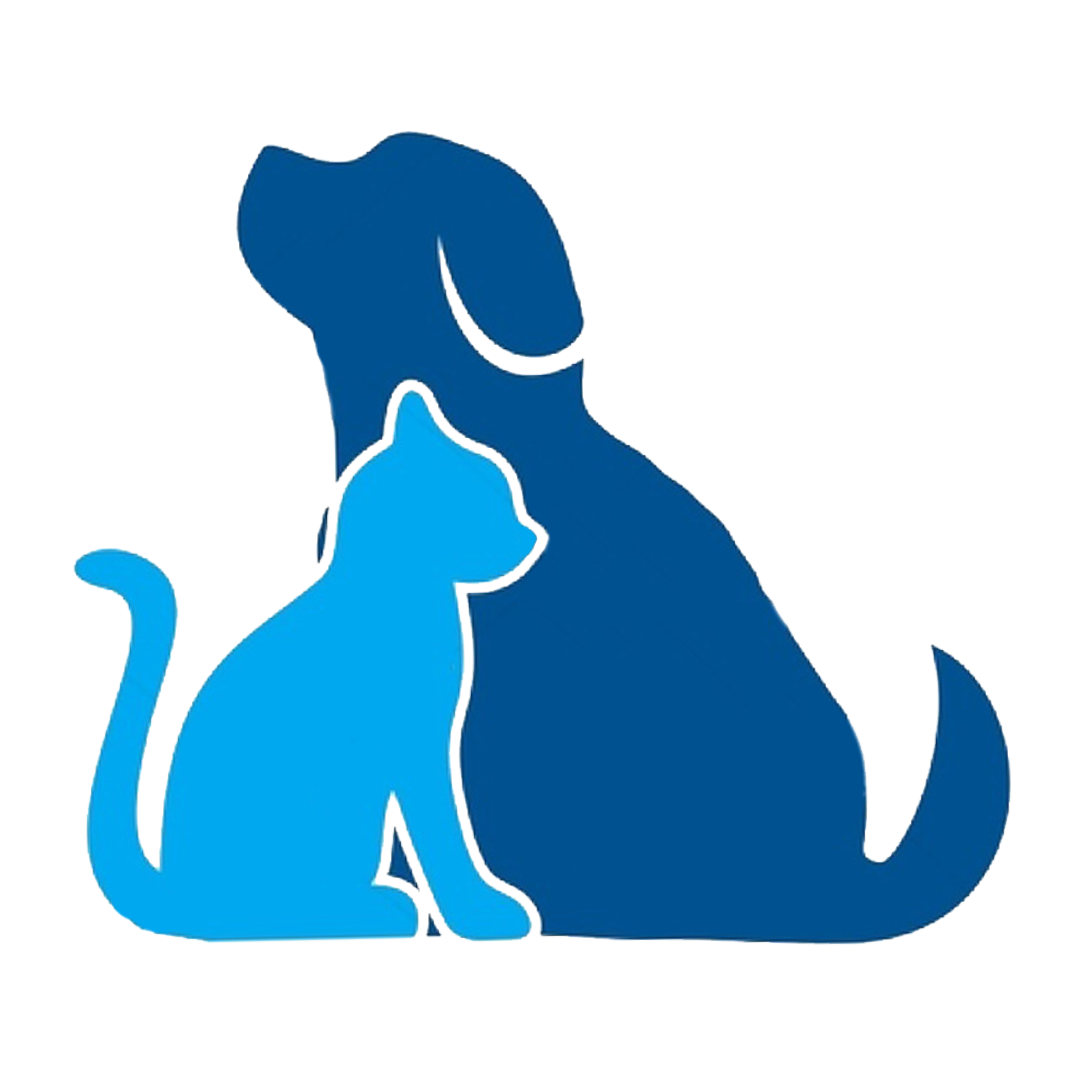Coronavirus in Dogs
For the past eighteen months, it has been impossible to avoid talking about COVID-19. However, while most of the talk has been focused around humans catching coronavirus, did you know that dogs can have coronavirus too?
What is dog coronavirus?
Canine coronavirus (CCoV) is a virus that can be passed between dogs and has two main strains. The first strain mainly impacts the gastrointestinal system (CECov) and is most commonly seen to affect puppies. The second strain of coronavirus in dogs is known as canine respiratory coronavirus (CRCoV); it is part of the complex of bacteria and viruses that make up “kennel cough”. Both are transmitted via different routes, the former via exposure to the virus from infected dog’s faeces and the latter mainly via aerosols. Here we will focus more on the gastrointestinal form of this infectious disease.
A mask won’t help protect your pup from doggy coronavirus
Is coronavirus different for humans and dogs?
There are several known types of coronavirus spanning across many different species of animals. You might be wondering if COVID-19 is the same as the coronavirus that dogs might catch - can you pass the coronavirus to your pet, or vice versa? Actually, canine coronavirus is fundamentally different from Covid-19, and CCoV cannot be caught by people. It also impacts the dog differently than Covid-19 and other human coronaviruses impact humans. While human coronavirus primarily causes respiratory distresses, coronavirus in dogs most commonly causes issues with their gastrointestinal systems.
Symptoms of coronavirus in dogs
When it comes to canine coronavirus (CCoV), there are several symptoms that you should be on the lookout for. It can be difficult to spot, but it might be time to see your vet if you notice that your dog has been vomiting, has diarrhoea which may have some blood in it, or seems more lethargic than usual. Your dog may also display a loss of appetite. While these symptoms can point to other issues, it is always best to get them checked out by a professional.
Treatment of coronavirus in dogs
The good news is that coronavirus in dogs is not often seriously damaging and that most dogs make a full recovery. There is no specific treatment available for coronavirus in dogs, as antibiotics are not effective in this instance. In most cases supportive treatment at home such as digestive care diets and managing hydration is usually sufficient to recover from the infection.
However, if your dog has more severe symptoms, your vet may suggest nutritional support or IV fluids to combat dehydration associated with vomiting and diarrhoea. They might also prescribe medication to suppress vomiting. Even with these more intensive treatments, your dog should make a full recovery within ten days.
Tips for preventing coronavirus in dogs
Dog coronavirus is contracted through ingestion - when they eat contaminated food or water, or come into close contact with an infected dog. While it can be difficult to control your dog enough to completely eliminate risk (they are never going to say hello to another dog without getting up close and personal), you can keep your dog close on walks to ensure they do not eat or drink anything contaminated.
It is also important to keep up good hygiene around your home with regular cleaning with disinfectants to kill any elements of the virus that might be lingering in your home.
Is there a vaccine for dog coronavirus?
If you are concerned about coronavirus and your dog, you will be glad to know that there is a vaccine for dogs. While it is not given as standard, it is something that you should definitely consider in order to reduce your dog’s chances of becoming unwell. Though most coronavirus infections in dogs are considered fairly mild and have an excellent recovery rate, this can still be a good option, depending on your dog’s lifestyle and level of risk.
Here at Doncaster Veterinary Hospital, we have the coronavirus vaccine for dogs that we can give on top of your dog’s normal vaccination schedule. Call us or book an appointment online to discuss how we can ensure your dog is vaccinated against the coronavirus.


